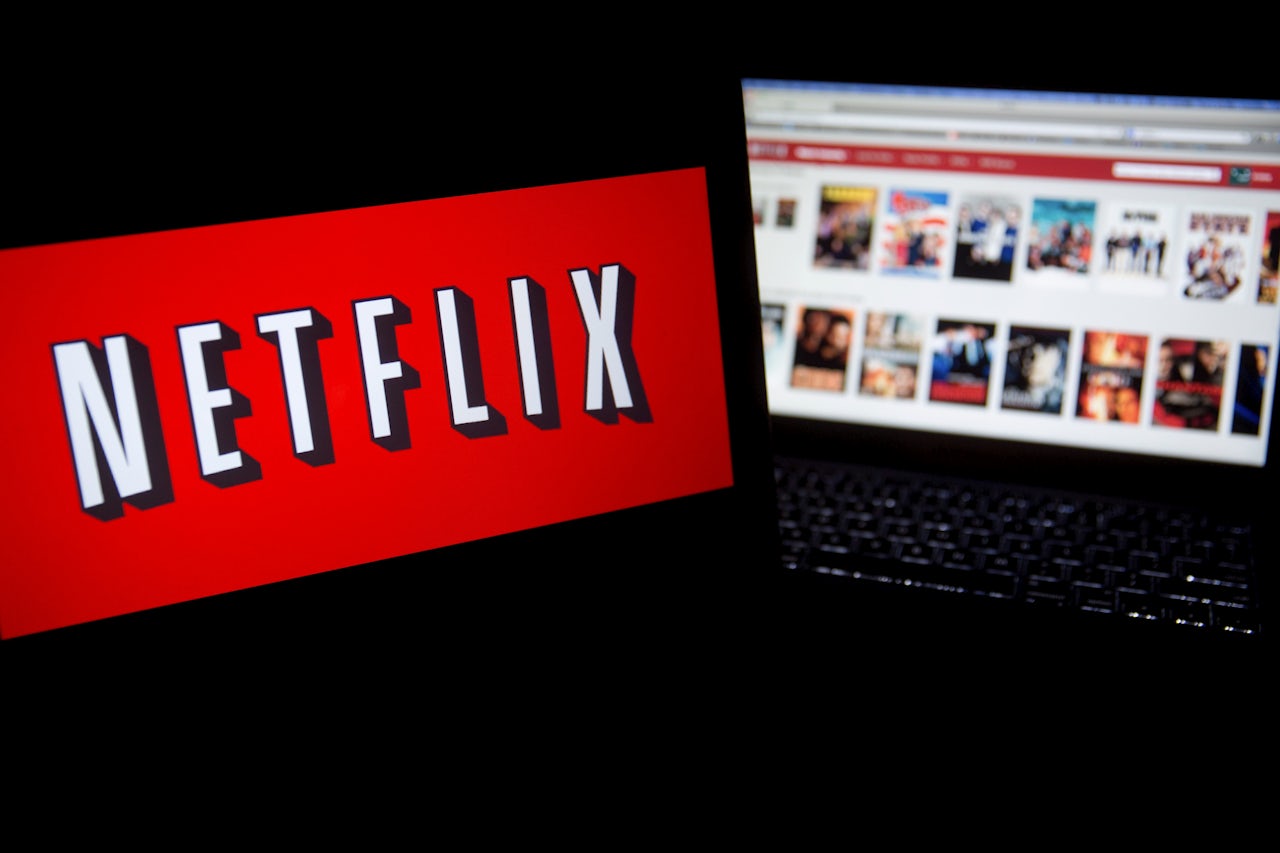Last night, during their annual meeting held to propose and discuss rule changes for the Oscars, the Academy Board of Governors ruled that films released by Netflix and other streaming services will remain eligible to compete for awards. The current rule will stay the same, meaning that films are eligible for any award if they run for seven days in a Los Angeles theater. Last year, the Netflix-distributed Roma became the first film released on a streaming platform at the same time it hit theaters — it received a limited run, in order to win eligibility — to be nominated for Best Picture.
“We support the theatrical experience as integral to the art of motion pictures, and this weighed heavily in our discussions,” said Academy President John Bailey. “Our rules currently require theatrical exhibition, and also allow for a broad selection of films to be submitted for Oscars consideration. We plan to further study the profound changes occurring in our industry and continue discussions with our members about these issues.”
The decision caps months of debate over what should constitute a film’s Oscar merit, which flared up in recent weeks. In February, legendary director Steven Spielberg made a subtle statement at the Cinema Audio Society’s CAS Awards about the importance of not letting the traditional theater-going experience disappear. The remarks followed more extreme comments he���d made in March last year, where he said: “I don’t believe that films that are just given token qualifications, in a couple of theaters for less than a week, should qualify for the Academy Award nominations.”
Following Spielberg’s remarks at the CAS Awards, a spokesperson for Amblin Entertainment (the production company he founded) stated that Spielberg’s concerns would come up in the annual board meeting. As Indiewire summed up, another big complaint held by Spielberg and his supporters is that Netflix simply spends too much money on promoting its films, which other companies can’t compete with. Traditionally, no high-profile releases have hit at-home platforms at the same time as they’ve been released in theaters; the initial and extended theatrical run remains the industry’s standard. But Netflix’s deep pockets, along with their explicit desire to force their way into the market, allowed them to rapidly become a powerhouse for original content, leading to the current conundrum.
On social media, Spielberg was immediately depicted as out-of-touch. In response, Netflix pointed out that its films are more accessible than traditional theater-going, and that their platform is simply another way to share art. In recent years, the service has increasingly shot for prestige: Apart from Roma, it’s expected to put Martin Scorceses’s upcoming film The Irishman in theaters in order to maintain awards eligibility. It’s also considered purchasing theaters to run their films.
The Justice Department eventually weighed in on the debate to point out that a rule change could be detrimental to the Academy because it could violate competition laws. In the end, the feud fizzled out: Spielberg and Netflix’s Ted Sarandos had dinner earlier this month, and The New York Times reported Spielberg was nowhere near the Academy’s meeting. Some changes did occur, including the decision to change the Foreign Language Film category to International Feature Film. For now, streamers can continue to enjoy potential Oscar picks from the comfort of their home.
